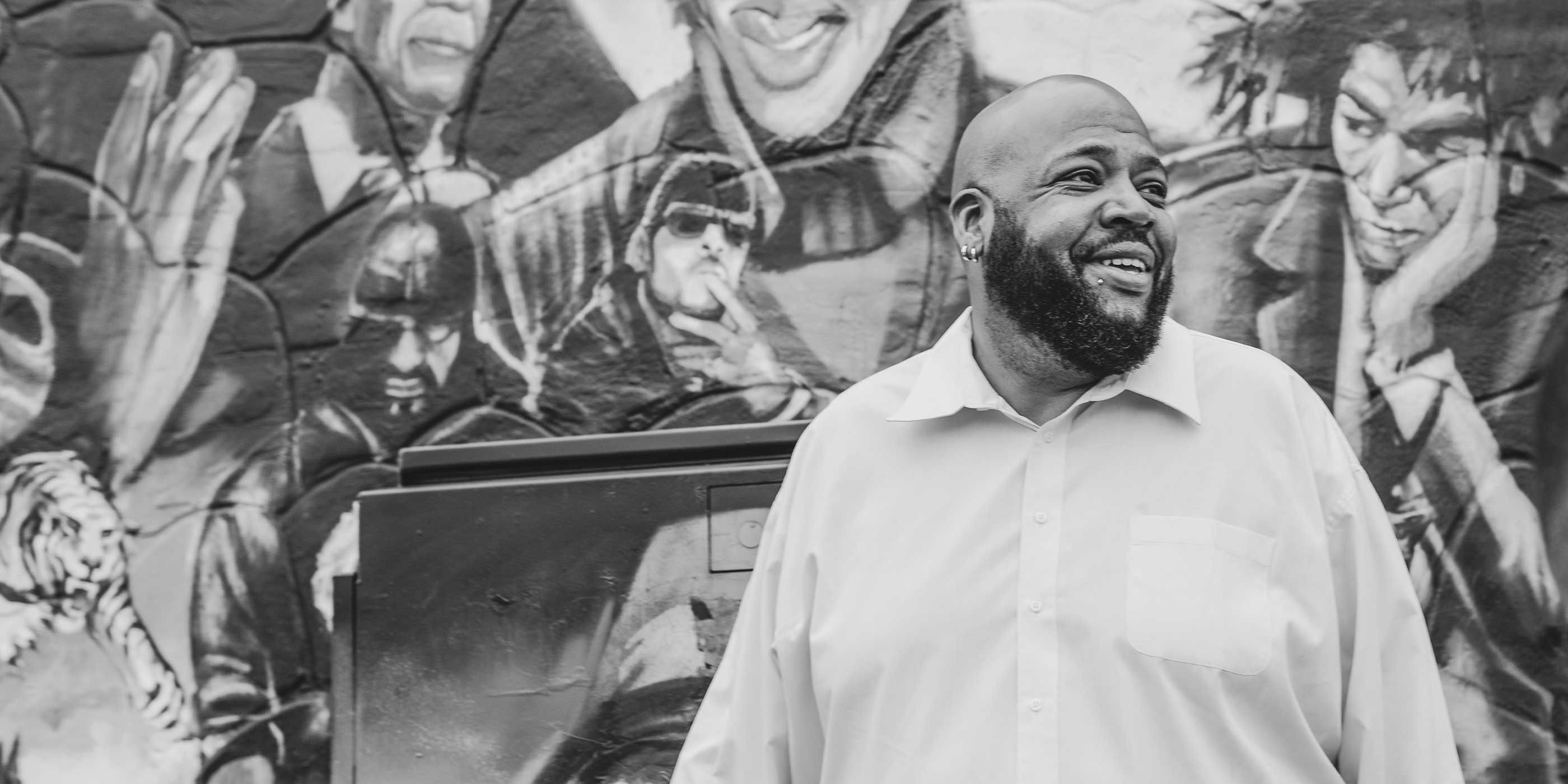The Redemption Campaign: Embracing Clemency
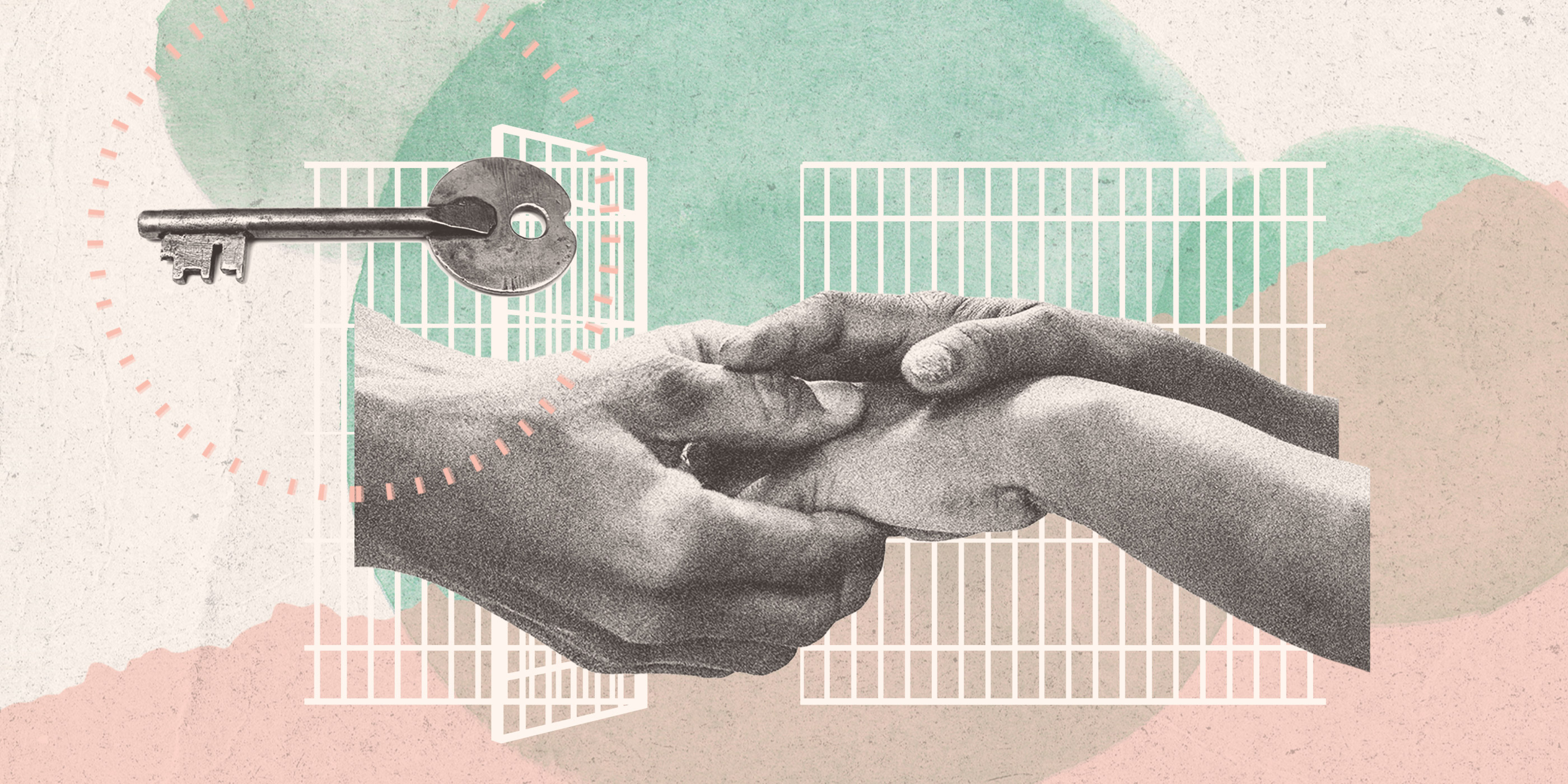
The Redemption Campaign: Embracing Clemency
The Redemption Campaign is a nationwide effort to liberate 50,000 people from federal and state prisons by executing campaigns that push elected officials from the president to all state governors to use their existing clemency powers in new and transformational ways, forcefully confronting mass incarceration and racial injustice by granting categorical commutations to release four large groups of people nowwho are unjustifiably imprisoned:
1. People who, were they convicted under current laws, would serve a lesser sentence than what they are serving;
2. People convicted of drug distribution and possession offenses, regardless of underlying substance;
3. People incarcerated for technical probation or parole violations; and
4. Older incarcerated people.
We need you to join us in this fight.
Last updated on May 16, 2024
ACLU's Embracing Clemency Report
Download and share! “Embracing Clemency” discusses how governors can play a critical role in liberating thousands of people from state prisons, and features powerful quotes from some leaders in this field.
RECIPIENTS
The Redemption Campaign
The Power of Clemency
Throughout U.S. history, presidents and governors have had the power of clemency — the power to begin redressing the harm the criminal legal system has caused in a person’s life. Clemency can come in the form of a pardon, which legally undoes a criminal conviction, or in the form of a commutation, which reduces or ends someone’s incarceration. In each form, the core legal and moral concepts underpinning clemency remain the same: Chief executives have the power to correct systemic injustices and end imprisonment that is unjust or no longer necessary.
There are other ways to reduce incarcerated populations, such as changing policies through legislation and ballot initiatives, or advocating for police and prosecutors to more humanely wield their discretion.
However, these approaches can take many years to bring about change and, even if enacted, often do not apply to people who are currently in prison. But at the federal level the president can take immediate action. And in many states, governors can use their executive clemency authority to help imprisoned people as soon as they choose. Governors can grant commutations as an act of compassion or mercy and free people from state prisons.
The Redemption Campaign is the ACLU’s nationwide effort to push elected officials at the federal and state level to do just that.
Select from menu
The Power of Clemency
Throughout U.S. history, presidents and governors have had the power of clemency — the power to begin redressing the harm the criminal legal system has caused in a person’s life. Clemency can come in the form of a pardon, which legally undoes a criminal conviction, or in the form of a commutation, which reduces or ends someone’s incarceration. In each form, the core legal and moral concepts underpinning clemency remain the same: Chief executives have the power to correct systemic injustices and end imprisonment that is unjust or no longer necessary.
There are other ways to reduce incarcerated populations, such as changing policies through legislation and ballot initiatives, or advocating for police and prosecutors to more humanely wield their discretion.
However, these approaches can take many years to bring about change and, even if enacted, often do not apply to people who are currently in prison. But at the federal level the president can take immediate action. And in many states, governors can use their executive clemency authority to help imprisoned people as soon as they choose. Governors can grant commutations as an act of compassion or mercy and free people from state prisons.
The Redemption Campaign is the ACLU’s nationwide effort to push elected officials at the federal and state level to do just that.
Executive Powers and Responsibilities
Racial and Economic Justice
The Path Forward
The Road to Redemption
Featured Stories

Recidivism Will Only Decrease if Successful Reentry is Embraced as an Antidote for Mass Incarceration
I thought serving my time in prison was my punishment. A lack of pathways to successful reentry meant I faced a life sentence long after leaving prison.
Recidivism Will Only Decrease if Successful Reentry is Embraced as an Antidote for Mass Incarceration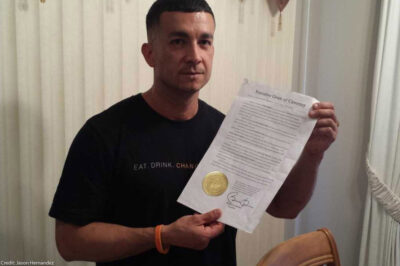
Clemency, Redemption, and Justice: A Personal Story
My release granted me more than freedom. It was a chance at redemption.
Clemency, Redemption, and Justice: A Personal Story
From Punishment to Promise: The Power of Redemption
The criminal legal system is too often steered by a desire for vengeance. Clemency is the vehicle to correct that.
From Punishment to Promise: The Power of Redemption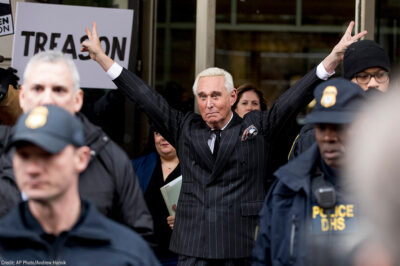
While Trump Protects His Cronies, Governors can Use That Same Power to Protect the Most Vulnerable
While we decry President Trump’s flagrant exploitation of his clemency powers, we should demand that governors use those same powers to right the wrongs of our broken criminal legal system.
While Trump Protects His Cronies, Governors can Use That Same Power to Protect the Most VulnerableWhat You Can Do
Biden: Bring 25,000 People Home Through Clemency
Biden: Bring 25,000 People Home Through Clemency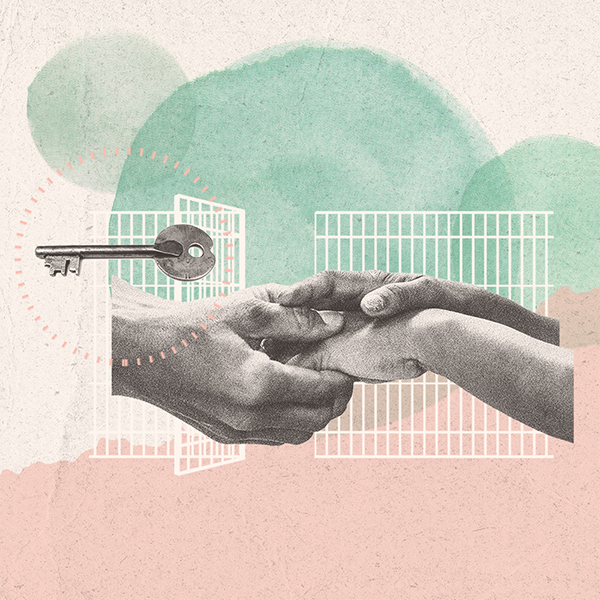
Biden: Bring 25,000 People Home Through Clemency
Biden: Bring 25,000 People Home Through ClemencyStay informed
Sign up to be the first to hear about how to take action.
By completing this form, I agree to receive occasional emails per the terms of the ACLU's privacy statement.
By completing this form, I agree to receive occasional emails per the terms of the ACLU's privacy statement.
